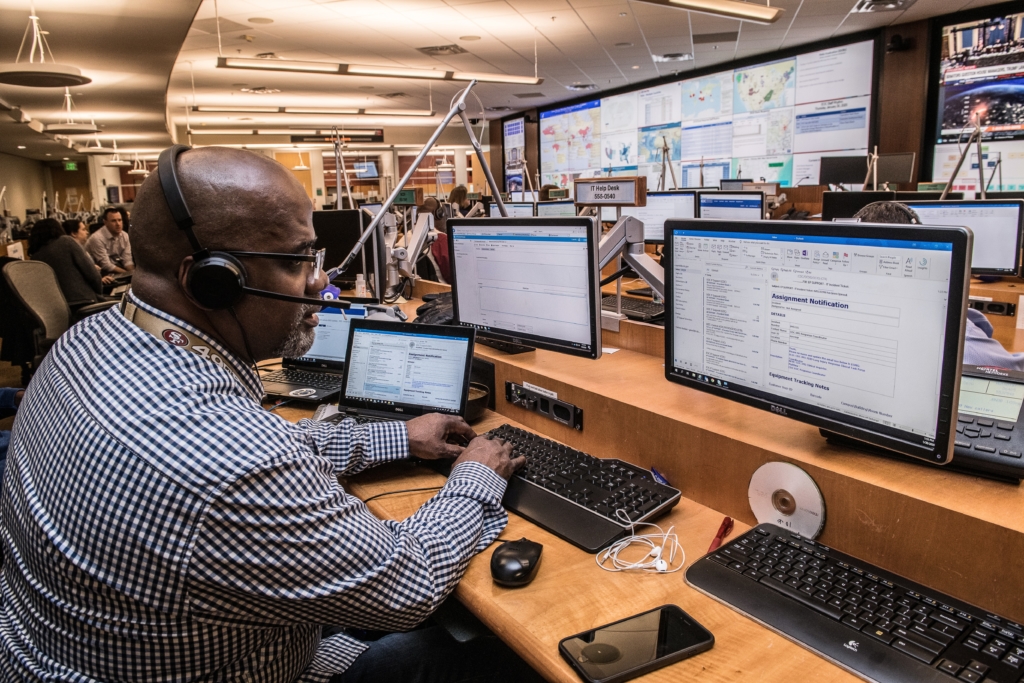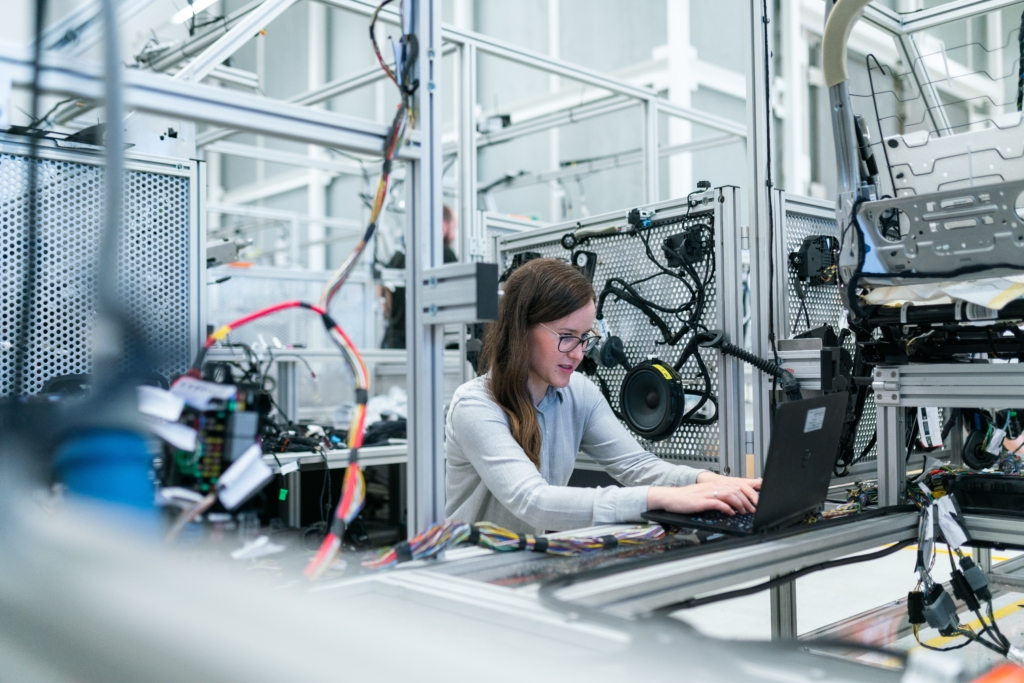


In banking and finance, retail, manufacturing, hospitality, healthcare, and contact centers, roving employees utilize shared workstations or desktops for productivity and operational efficiency; however, this creates risks when access is not properly secured.
The device – a shared kiosk, workstation or desktop – cannot be used as part of the authentication criteria or tied to the identity of a single person, as it is a shared resource.
Secure sensitive information and critical systems.
Manage high-user traffic locations.
Address environments where users cannot use phones or tokens.
Mainstream authentication solutions cannot support the unique scenarios presented by roving users, so they continue to rely on weak security measures, such as usernames and passwords. However, it is possible to utilize biometrics to address a variety of challenging scenarios.

The majority of hospitality employees work shifts 24/7, seven days a week. With vast amounts of customer personal information—such as credit card numbers and contact details—being accessible, it’s critical that only authorized individuals have access to shared computers.
In the wake of the COVID-19 pandemic, contact centers have become increasingly attractive targets for fraudsters and cyberattack threats. For one, contact centers face high turnover rates, adding a layer of complexity when trying to secure and manage workforce identities. As a measure to address this, many contact centers do not allow the use of mobile phones or hardware tokens.


Mainstream authentication solutions fall short for many manufacturing facilities for a variety of reasons. First and foremost, it’s often unsafe to use mobile phones on the manufacturing floor, so security protocols typically prohibit their use. Second, with countless daily tasks and assignments, roving users on shared workstations are critical for workflow efficiency—both operationally and financially. For employers, it’s essential to have transparency regarding who is completing each task, as well as the ability to audit logs and track time spent.
Roving user environments are incredibly complex in terms of authentication, and mainstream solutions are failing to support them. The proper security solution needs to be efficient and seamless for the end user, cost-effective for the business, and secure enough to prevent a variety of cyberattacks and fraudulent behavior.
An effective and efficient shared workstation login experience is one that makes authentication easy for authorized users while protecting against unauthorized access. BIO-key’s unified IAM platform, PortalGuard®, is robust and flexible, adapting to your specific needs, requirements, and environment. It includes an advanced Multi-Factor Authentication (MFA) solution that can even facilitate the transition to passwordless authentication.
For Orange Bank & Trust Company, having roving users on shared workstations are a fundamental component of daily operations, with a single kiosk supporting multiple employees throughout the day. Learn how this financial institution took control of their shared workstation security by implementing passwordless authentication.

Identify the Person
A one-touch scan of a finger at any device in any location authenticates the user’s identity, only the authorized person is accessing a shared system.
Cost Effective
A minimal, one-time investment eliminates the need to purchase multiple tokens or mobile devices to significantly reduce your overall IT costs.
Frictionless Experience
The simple, one-touch authentication across every workstation saves countless hours and increases productivity with a consistent, frictionless user experience.
| Cookie | Duration | Description |
|---|---|---|
| cookielawinfo-checkbox-analytics | 11 months | This cookie is set by GDPR Cookie Consent plugin. The cookie is used to store the user consent for the cookies in the category "Analytics". |
| cookielawinfo-checkbox-functional | 11 months | The cookie is set by GDPR cookie consent to record the user consent for the cookies in the category "Functional". |
| cookielawinfo-checkbox-necessary | 11 months | This cookie is set by GDPR Cookie Consent plugin. The cookies is used to store the user consent for the cookies in the category "Necessary". |
| cookielawinfo-checkbox-others | 11 months | This cookie is set by GDPR Cookie Consent plugin. The cookie is used to store the user consent for the cookies in the category "Other. |
| cookielawinfo-checkbox-performance | 11 months | This cookie is set by GDPR Cookie Consent plugin. The cookie is used to store the user consent for the cookies in the category "Performance". |
| viewed_cookie_policy | 11 months | The cookie is set by the GDPR Cookie Consent plugin and is used to store whether or not user has consented to the use of cookies. It does not store any personal data. |